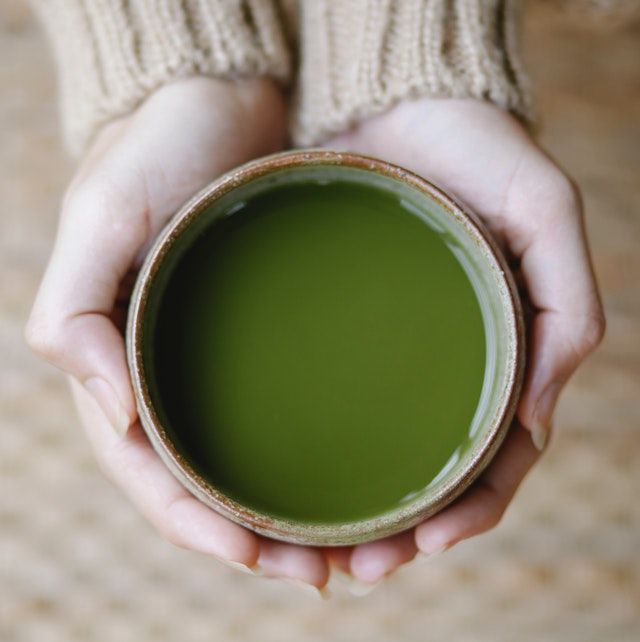Do you know this situation? New nutritional trends, miracle cures and superfoods are coming out all the time. Some don't interest you, but some seem quite exciting. And your colleague raves about them so much that you're already hoping that this product will be the solution.
I keep getting questions like: Should I eat chia seeds if I suffer from constipation? Do goji berries deliver what they promise? I've heard that maca in a smoothie has a whole range of benefits. Is that true? Or last week: what do you think of matcha? Does it really give you that much energy?
Personally, I hardly ever use so-called superfoods. With the exception of chia seeds. And maybe coconut oil, if that counts as a superfood.
The fact is that more and more people are complaining of constant fatigue, no matter how much they sleep. And that's why we are bombarded from all sides with miracle products, snacks, drinks and supplements that promise us more energy. But how can we decide whether these remedies are really that great and will have the promised effect?
We live in an age of symptom-fighting. When I'm tired, I need a remedy that eliminates this tiredness. Whether this remedy is coffee, an energy drink, a stimulant, a dietary supplement or matcha is determined, among other things, by our habits, our environment and our inner attitude towards health and nutrition.
But who actually cares where this tiredness comes from? Sleep quality, gut health, lifestyle and a healthy diet, for example, are important factors that can contribute to this constant tiredness!
If the oil light in your car is on, what do you do? A symptom remedy would be to simply disconnect the battery from the light. Then the flashing light will no longer bother you.
The basis: everyday nutrition
If we stick with the analogy of the oil warning light in the car, then healthy everyday nutrition could be compared to topping up the oil. It is the obvious and logical solution, without which it will never be possible to continue driving the car without damaging it.
If topping up the oil alone does not achieve the desired result, for example because there is a leak somewhere, only then do I take the car to the mechanic. Then it would be time, for example, to take a closer look at the metabolism to find out if there is a leak somewhere.
The healthy effects of matcha
 My recommendation is to first take a look at what's inside. So take a look at the list of ingredients. In the case of matcha, the powder consists of ground green tea. Nothing else. So it can't really be harmful.
My recommendation is to first take a look at what's inside. So take a look at the list of ingredients. In the case of matcha, the powder consists of ground green tea. Nothing else. So it can't really be harmful.
Keep your hands off anything that is contains artificial flavors, colors, sugar or fillers.
If the product passes this first test, then I search Google for articles, reports and descriptions. Preferably from independent people (who don't just sell this product) and who have already written a few good articles about other things.
What does it do? Are there any potential side effects? Are there any warnings about when it should not be taken?
Matcha tea has an antioxidant and fat-burning effect. It also has a clear preventive effect and epidemiological studies have shown that regular consumption can be associated with significantly less obesity, high blood pressure, diabetes mellitus, cardiovascular disease and various types of cancer.
The very first criterion is: Do you like it? Do you enjoy it? Do you enjoy eating it or, in this case, drinking it? If so: great! Then simply incorporate it into your diet.
If not, it may simply not be right for you. Perhaps observe what effect it has on your body, how you feel when you take it and observe it for a few weeks. Your body will then tell you whether it's good for you or not.
But if it's torture for you and you're only taking it because you expect it to have a miraculous effect and you don't feel any difference even after a few weeks: just stop taking it. It probably wasn't for you.
But again, because it's so important: researching the causes is more important than fighting symptoms! Don't expect too much from a single product, but look at your health, your diet and your lifestyle as a whole to find out where energy is being lost in your system!
And now, of course, I'm interested: how do you proceed when you come into contact with new trend products? Do you simply try out many of them? Where do you find out about them? And: have you tried matcha yourself? Write to me in the comments, other readers will also benefit from your experiences!
















